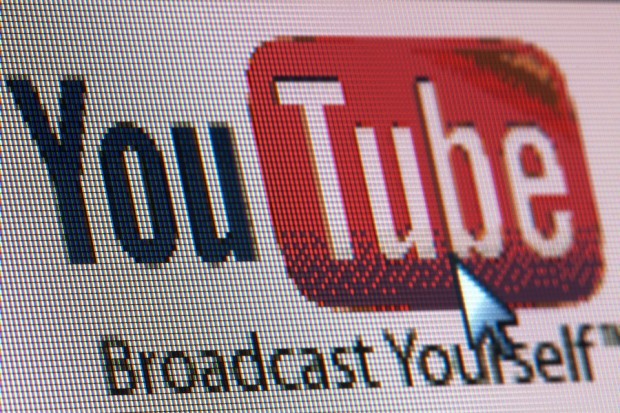A federal judge has thrown out Viacom Inc.’s lawsuit accusing Google Inc. of posting its programs on YouTube without permission, a year after a federal appeals court had revived the landmark copyright infringement case.
For the second time in three years, U.S. District Judge Louis Stanton in Manhattan rejected Viacom’s damages claims over Google’s alleged unauthorized posting of clips from “The Daily Show with Jon Stewart,” “South Park,” “SpongeBob SquarePants” and other programs that viewers had uploaded to YouTube.
Stanton agreed that Google and YouTube were protected from Viacom’s copyright claims by the “safe harbor” provisions of the Digital Millennium Copyright Act.
That 1998 federal law made it illegal to produce technology to circumvent anti-piracy measures, while limiting liability of online service providers for copyright infringement by users.
Viacom had in 2007 filed its $1 billion lawsuit against YouTube and others, and has accused YouTube of broadcasting 79,000 copyrighted videos on its website between 2005 and 2008.
Stanton had ruled for YouTube in June 2010. The 2nd U.S. Circuit Court of Appeals in New York revived Viacom’s case last April, but Thursday’s decision restores YouTube’s original victory.
Viacom said it plans to appeal. “This ruling ignores the opinions of the higher courts and completely disregards the rights of creative artists,” spokesman Jeremy Zweig said in an email. “A jury should weigh the facts of this case and the overwhelming evidence that YouTube willfully infringed.”
Kent Walker, Google’s general counsel, welcomed the decision. “Congress got it right when it comes to copyright on the Internet,” he said. “This is a win not just for YouTube, but for people everywhere who depend on the Internet to exchange ideas and information.”
No Willful Blindness
In reviving Viacom’s lawsuit, the 2nd Circuit panel said “a reasonable jury could find that YouTube had actual knowledge or awareness of specific infringing activity on its website.”
It then sent the case back to Stanton to consider whether YouTube had or “willfully blinded” itself to this knowledge.
In Thursday’s decision, Stanton said the burden of proof remained on Viacom, rejecting its “ingenious” yet “extravagant” argument that YouTube did not deserve the safe harbor, and should instead monitor the contents of videos being uploaded at a rate of more than 24 hours of viewing time per minute.
Stanton concluded that YouTube neither exhibited willful blindness, nor had the ability to control infringing activity, nor “interacted with infringing users to a point where it might be said to have participated in their infringing activity.”
Dozens of content providers have supported Viacom in the battle, including the Associated Press, Gannett Co., the National Football League, Garth Brooks, the Eagles and Sting.
Among the supporters of Google and YouTube were eBay Inc., Facebook Inc., Yahoo Inc., Human Rights Watch and Consumers Union.
New York-based Viacom is controlled by Sumner Redstone and owns cable networks such as MTV and Comedy Central as well as the Paramount movie studio. Google is based in Mountain View, California, and bought YouTube in 2006 for about $1.65 billion.
The case is Viacom International Inc. et al v. YouTube Inc. et al, U.S. District Court, Southern District of New York, No. 07-02103.





















 Why Claims AI Build vs. Buy Decisions So Often Miss the Mark
Why Claims AI Build vs. Buy Decisions So Often Miss the Mark  AI Claim Assistant Now Taking Auto Damage Claims Calls at Travelers
AI Claim Assistant Now Taking Auto Damage Claims Calls at Travelers  Premium Slowdown, Inflation Factors to Lead to Higher P/C Combined Ratio: AM Best
Premium Slowdown, Inflation Factors to Lead to Higher P/C Combined Ratio: AM Best  New Texas Law Requires Insurers Provide Reason for Declining or Canceling Policies
New Texas Law Requires Insurers Provide Reason for Declining or Canceling Policies 







